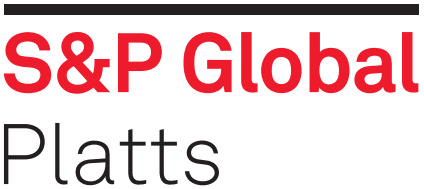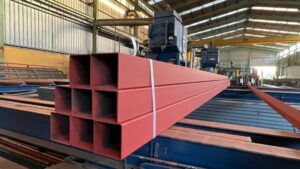
Turkish longs producers’ sales and output, which already are effected negatively by the slump in domestic demand, will be harmed further with the EU’s definitive steel safeguards, sources told S&P Global Platts. Turkish flat steel producers, however, seems more confident about the EU’s definitive steel quotas, except pre-painted galvanized iron producers, as the EU quota for PPGI is significantly lower than last year.
Turkish mills’ rebar exports to EU are expected to shrink around 60% in 2019, with the current quotas, so the quotas will be probably filled within a few months, sources observed.
Turkish mills exported around 800,000 mt of rebar to the EU region in the first eleven months of 2018. As Turkish mills’ traditional export destinations are closing one after the other, due to trade barriers, a roughly 500,000 mt probable decline in Turkish mills’ rebar exports to the EU in 2019 will not likely be compensated easily.
Turkish mills’ exports of rebar totaled 5.7 million mt in the first 11 months of 2018, 7.5% higher year on year as exporters diversified their sales by focusing on alternative markets to offset the significant decline seen in some of their main traditional markets, particularly the US, due to Section 232 tariffs (see other story).
Turkish mills’ overall steel export volumes, however could fall around 30% to 15-16 million mt in 2019, from the 20.5 million mt projected for 2018, amid trade barriers, while a further 30% constriction in domestic market demand also could occur, according to industry sources.
This could pull down Turkish mills’ capacity usages further, which have already fallen to as low as the 65-75% range, they observed. Some Turkish producers already started maintenance work at their rolling mills, while others reduced shifts.
“We are also working with a reduced capacity like other producers in this sluggish market sentiment. Instead of a stoppage we preferred to reduce the working days,” an executive of a major longs producer told Platts Thursday. “This is psychologically better for the workers and it is also less costly.
“A recovery in domestic rebar demand seems impossible till March. Export demand is also very slow. Israel’s and Southeast Asian demand are more lively, but selling to Southeast Asia with the current price margin isn’t very profitable. We have to offer rebar around $430-$435/mt FOB to that region for to be competitive. But, taking into account the current imported scrap prices which are at around $285/mt CFR, selling at that price range is unreasonable. Our recent export sales were at $445/mt FOB, but some mills were offering rebar as low as $440/mt FOB in this sluggish sentiment.”
He continued: “Flat steel producers’ demand is currently supporting imported scrap prices. The reason for the recent rise seen in imported scrap prices is this. But, it is not sustainable. I am expecting imported scrap prices to fall below the $280/mt CFR level again soon in this sluggish finished long products sentiment. But, the fall will be possibly gradual. I am not expecting a sharp fall in scrap pricing in the near term.
“So, instead of rebar exports, we are focusing on billet sales in this market sentiment, as it is currently more profitable than rebar. We sold some billet tonnages at $415/mt FOB recently. But, $410/mt is also currently available in the market.”
Turkish flat steel producers, however, seem more confident about the general export market trend and the EU quotas. They largely maintained their offer price range this week amid expectations of a demand recovery from the EU in February, following the opening of the new import quotas. But, ongoing cash-flow and credit problems were still restricting trade in the domestic market, despite low stock levels.
“We are waiting for the holidays to be over in order to see the position of the all players,” a manager of a Turkish HRC producer told Platts Thursday. “The EU has announced a global quota for HRC, which makes our life relatively easy compared to other exporters, i.e. rebar and tubes.”
“Domestic consumption, however will be lower in 2019 compared to last year. But, the main drop will be on the import side, due to obvious reasons that we already have seen in the last couple of months,” he added.
A Turkish coated coil producer source, however, told Platts Wednesday that they will probably face serious problems in PPGI sales to the EU with the current quotas. “This may put some downward pressure on PPGI prices in the coming months,” the manager observed.
— Cenk Can and Rabia Arif




